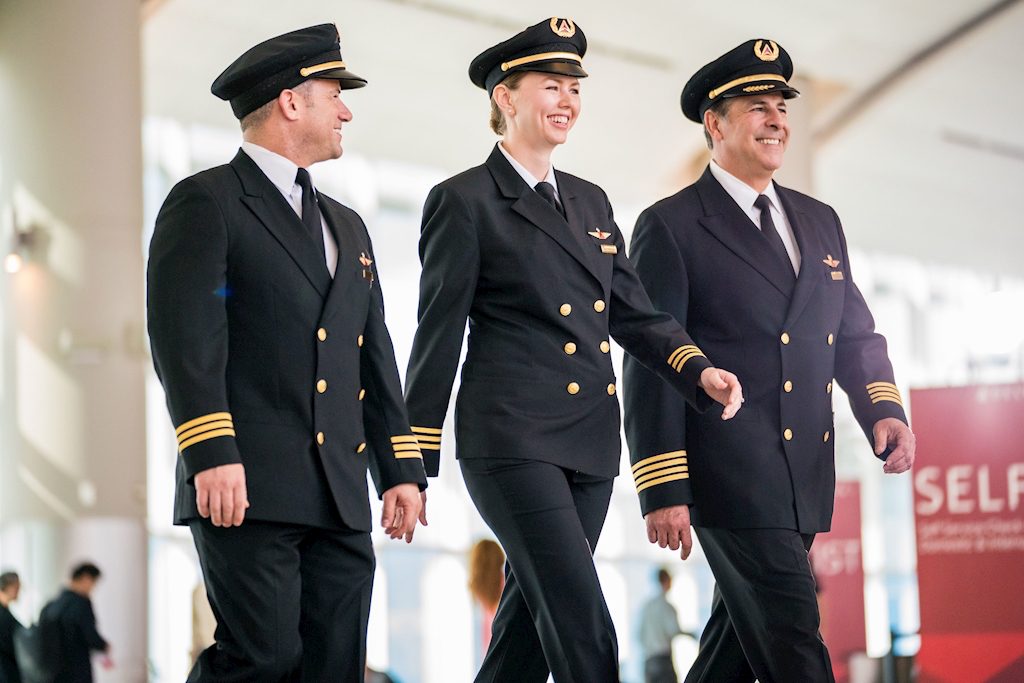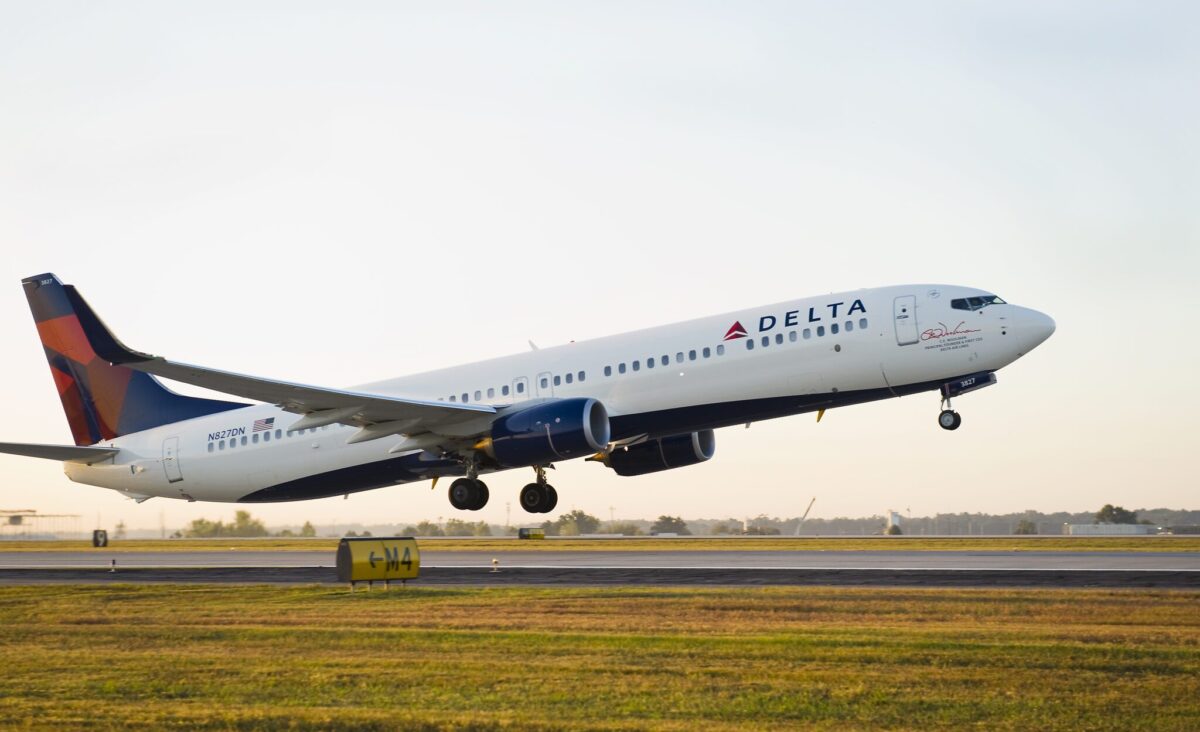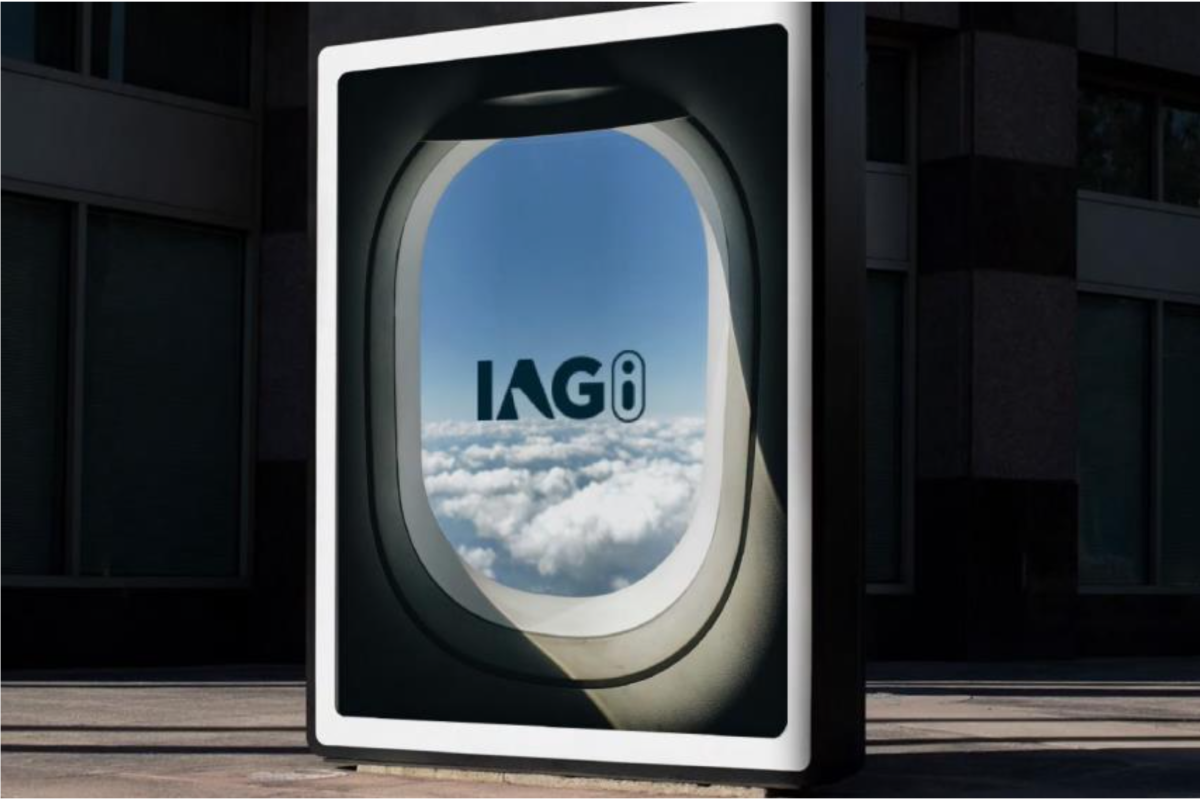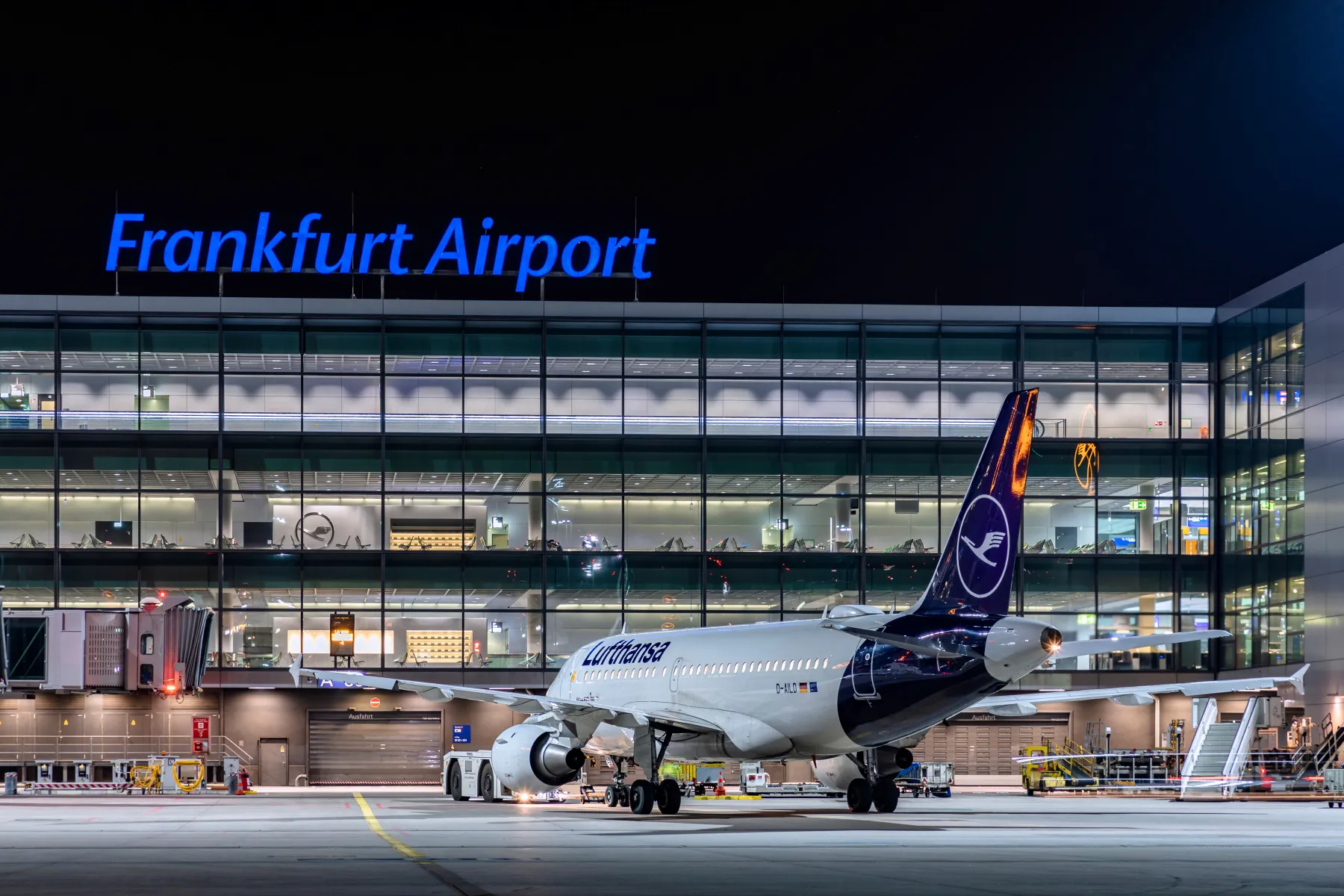Delta Pilots Upset That Primo Routes to Europe Are Going to Foreign Partners

Skift Take
Delta Air Lines CEO Ed Bastian likes to say his company's competitive advantage is its people, but at least one employee group at America's most profitable airline is unhappy.
It's the pilots, the only major workgroup represented by a labor union. Last week, Delta's Master Executive Council of the Air Line Pilots Association wrote to federal regulators to ask them to take a special look at Delta's joint venture agreements with Air France-KLM, Virgin Atlantic, and Alitalia to ensure they're fair to labor.
Delta has antitrust immunity with the three European airline companies, and Delta shares costs and revenue with them on transatlantic flights. While the union has supported this arrangement in the past, pilots used the new filing to ask whether Delta wants to leverage the joint ventures so it can fly fewer transatlantic flights and save on labor costs.
By turning over more flying to European airlines, Delta has been engaging in "labor arbitrage," the union claims. The union said it has "serious concerns " about what it called "the inequitable allocation of service growth."
The filing comes as the U.S. Department of Transportation prepares to authorize a new, more cohesive joint venture among the airlines that will replace two older ones. The government has already tentatively approved it, and it is highly unlikely it would reverse its decision because of pilot concerns.
Delta's pilots doesn't want it turned down, either. Instead, the union seeks another remedy.
Under the current plan, the government plans to review its anti-trust immunity decision in five years to ensure the airlines provide the benefits for consumers they promised. During that review, the pilots have asked the department "to assess its impact on U.S. aviation jobs and the balance of flying and growth opportunities generated in joint venture markets."
Here are some of the key issues at stake.
Why is the Union so Upset?
Delta is a healthy airline and it's growing, so pilot jobs are not at stake. But airline pilots are paid based on two factors — the size of the airplane (bigger is better), and the length of the flight.
U.S.-Europe sectors are lucrative, and pilots want to have as many chances to fly them as possible. The union does not want to see Delta turn over high-paid routes to European airlines.
Pilots are also human. While some only care about the aircraft they fly and the pay, others care about where they're going. And flights to big European capitals are often popular among pilots, if only for layovers.
Do Pilots Have Proof?
They say they do, and as evidence, they point to Delta's flights between the United States and London Heathrow.
Delta and Virgin Atlantic won anti-trust immunity in 2013. Since then, the union said, Virgin Atlantic has grown its U.S.-UK block hours — that's the time scheduled from gate-to-gate — by 33 percent, while Delta's have increased just 2 percent.
The union cites the New York-London route as concrete proof of the discrepancy. Before the joint venture, each airline had three flights per day between the two major cities. More recently, the union said, Delta has been operating two, while Virgin Atlantic flies six.
Is this really labor arbitrage?
The union says Delta has turned over routes to Virgin Atlantic because the UK airline has cheaper labor costs.
"Among other disparities, Virgin pilots who fly between the US and UK are compensated at a significantly lower rates than are Delta pilots," the union said.
In addition, the union said, Virgin Atlantic's regulatory rules are different. Between London and New York, Virgin Atlantic carries only two pilots, while Delta needs three. Over time, that can amount to significant savings.
"The pilots appear to have a decent argument, if Delta is using Virgin Atlantic to essentially outsource its transatlantic flying," said Madhu Unnikrishnan, editor of Skift Airline Weekly. "Labor arbitrage is not good for labor relations, and if the new joint venture allows for this — choosing one carrier to grow over the other and reducing the number of pilots needed for flights — then it could sour Delta's relations with its pilots."
What's Delta's Response?
In an interview, Delta spokesman Morgan Durrant said the carrier has been growing overall on European routes. Since 2013, he said Delta has grown European departures by 11 percent, suggesting pilots have had other opportunities to fly larger jets across the Atlantic.
Durrant also noted Delta has hired about 4,000 pilots during the period. That's important, he said, because pilots move up the seniority list faster when the airline is on a hiring spree. Pilots with higher seniority can bid for the best routes, including transatlantic ones.
Finally, Durrant noted Delta expects to add to its UK flying next year, with plans to increase capacity by about 15 percent, year-over-year. As part of the growth, Delta will launch a new daytime flight from New York to London, as well as a new flight from Boston to London Gatwick.
Is There Something More Here?
This is probably not just about Virgin Atlantic's transatlantic expansion. Even with the extra flight hours, Virgin Atlantic remains a tiny airline compared to a global behemoth like Delta.
Delta and the pilot union and negotiating a contract extension, and the pilot union is seeking more assurances that the company won't lose more flying because of its joint ventures. Delta also has antitrust immunity with Aeromexico and Korean Air Lines, so pilots may be worried Delta would farm out more flying to pilots from those carriers.
In an August 15 letter to members, Ryan Schnitzler, chairman of the Master Executive Council, wrote that the union wanted to negotiate an extended agreement that would "further protect our current flying and ensure Delta pilots see an equitable share of growth generated by Joint Ventures and international partners."




